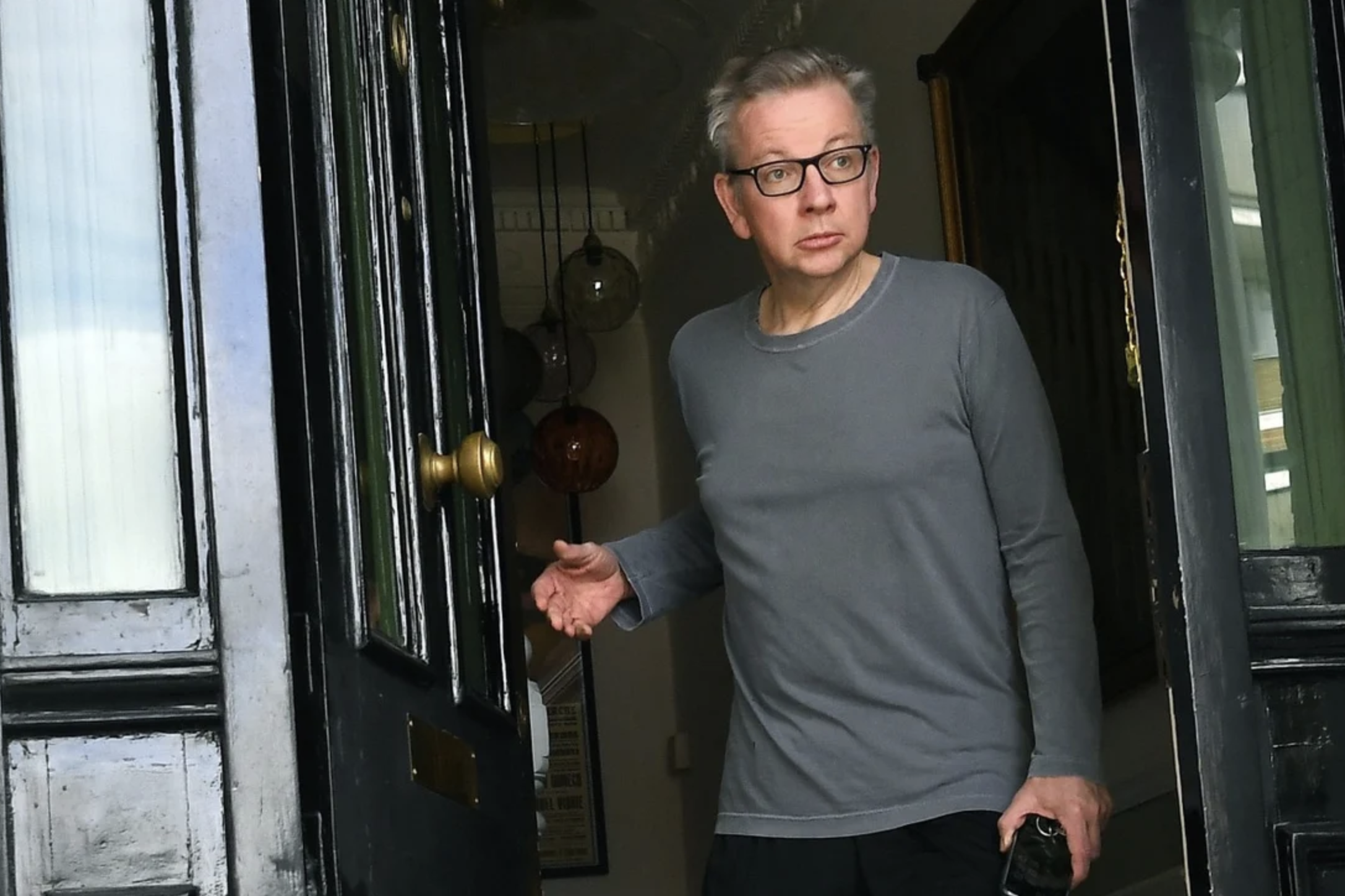10th June 2019

It is unlikely many people predicted that drugs would become a defining question of the Conservative leadership campaign. Such, though, is politics; and this week we have witnessed the remarkable spectacle of candidates lining up to admit previous drug consumption.
The narrative, however, remains all too familiar: ‘I took drugs very, occasionally a very long time ago. It was a bad idea, and I regret it. Can we now move on, please?’ The media have largely swallowed this line, and the debate has boiled down to whether we should let bygones be bygones when it comes to our political leaders.
What drugs someone may have taken occasionally 20 years should have no bearing on how fit they are for office today. If we want representative political leaders, we have to accept that they may have done things in the past they wouldn’t do now. Though, in Michael Gove's case, the degree of personal hypocrisy does look startling.*
More importantly, the big issue is not whether skeletons should be left in closets. It is a question of whether we should continue to ignore the dismal failure of politicians across the spectrum to engage in a serious debate about the future of drug policy and the catastrophic effects of the drug war on the world’s most vulnerable and marginalised populations.
Because, for all that their experiences may differ, one thing our senior politicians share is the fact that their illicit drug consumption was never likely to do serious damage to their life prospects or those of their communities. Yes, as Stephen Bush has pointed out, and Michael Gove has acknowledged, being caught with any of the drugs in question could have cost those concerned their political careers before they even started – and no-one is immune from having their lives wrecked by an unfortunate bust. But the reality is that, globally and in the UK, the people most likely to be stopped and searched on suspicion of possession, jailed for dealing, exploited by criminal gangs or used to smuggle drugs are the poorest and most marginal in society.
Maybe this is why so many politicians treat their own drug use as if it is unconnected to the grim, political realities of the drug war. They may have glanced off the edges of that war, in moments they can later describe as ‘unfortunate’ or ‘regrettable’; but for tens of thousands of people across the globe things are not so simple. For his part, Michael Gove takes the view that opposing the drug war is ‘elitist’, and that this even justifies hypocrisy on the issue.
He’s wrong, and he should know it. The war on drugs, and the creation of vast illicit markets, protects - indeed often services - social elites, but falls with disproportionate force and enormous violence on the poor (something Jeremy Corbyn and John McDonnell were both happy to acknowledge five years ago, but on which they have now gone silent).
It is time we stopped giving politicians a ‘get out of jail free’ pass on drugs. As our Senior Policy Analyst, Steve Rolles, said in the Observer this week, there is a ‘rich strain of hypocrisy’ at work here. It needs to end. Politicians who want to demonstrate genuine bravery should talk candidly about the failures of current drug policy, not just - and not even - their own drug use, which is not the real issue. That would be a real sign of leadership, a rare display of political integrity, and a belated rectification of the political cowardice that has prevented honest debate about drug policy for decades.
James Nicholls, Chief Executive Officer
* You could also, of course, ask any politician whether they have ever taken a powerfully psychoactive, moreish, potentially dependence-forming drug which, at its worst, can make users anything from grindingly self-indulgent to impulsively violent - and most would have to say ‘Yes, and very recently’. Unless they are teetotal.




